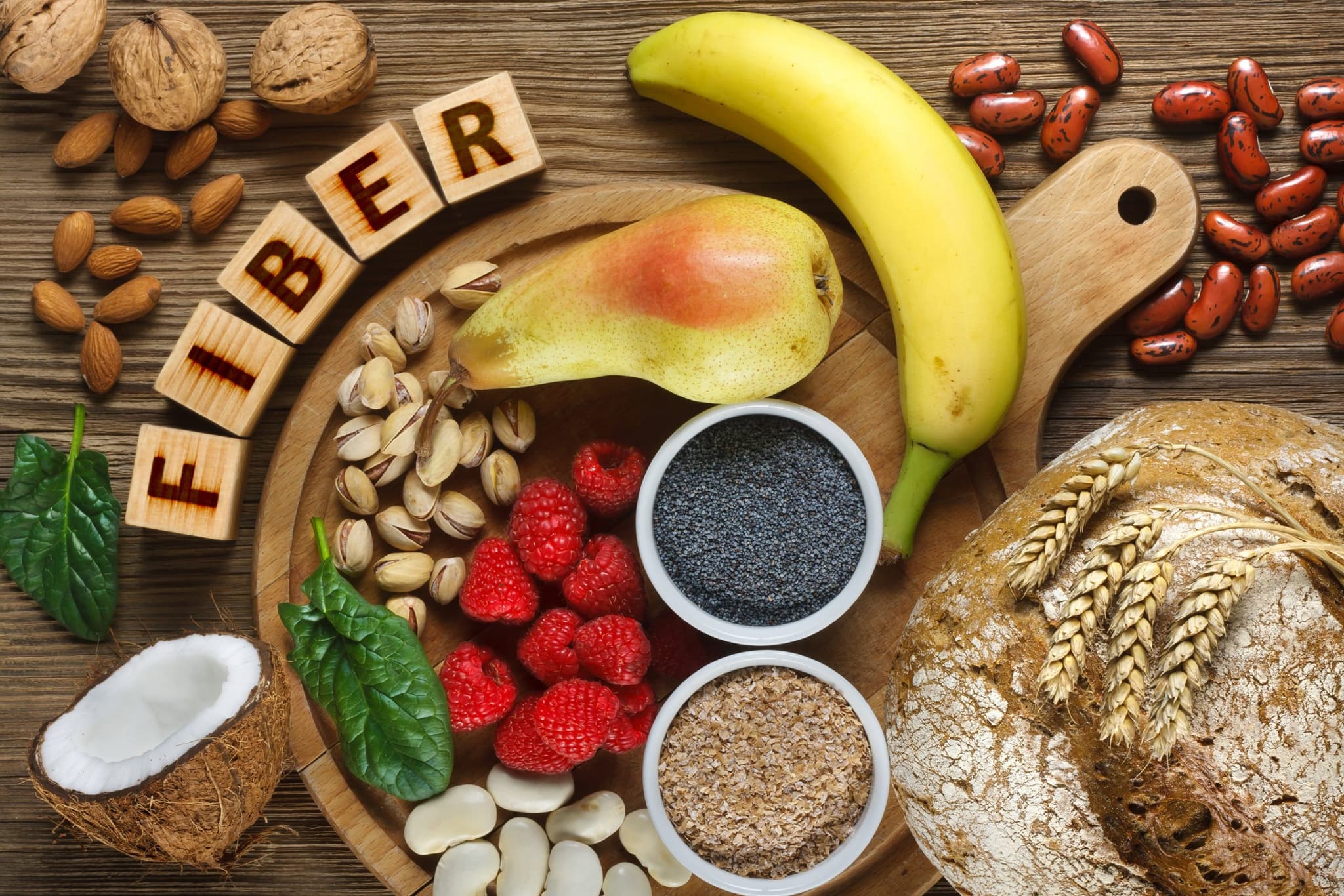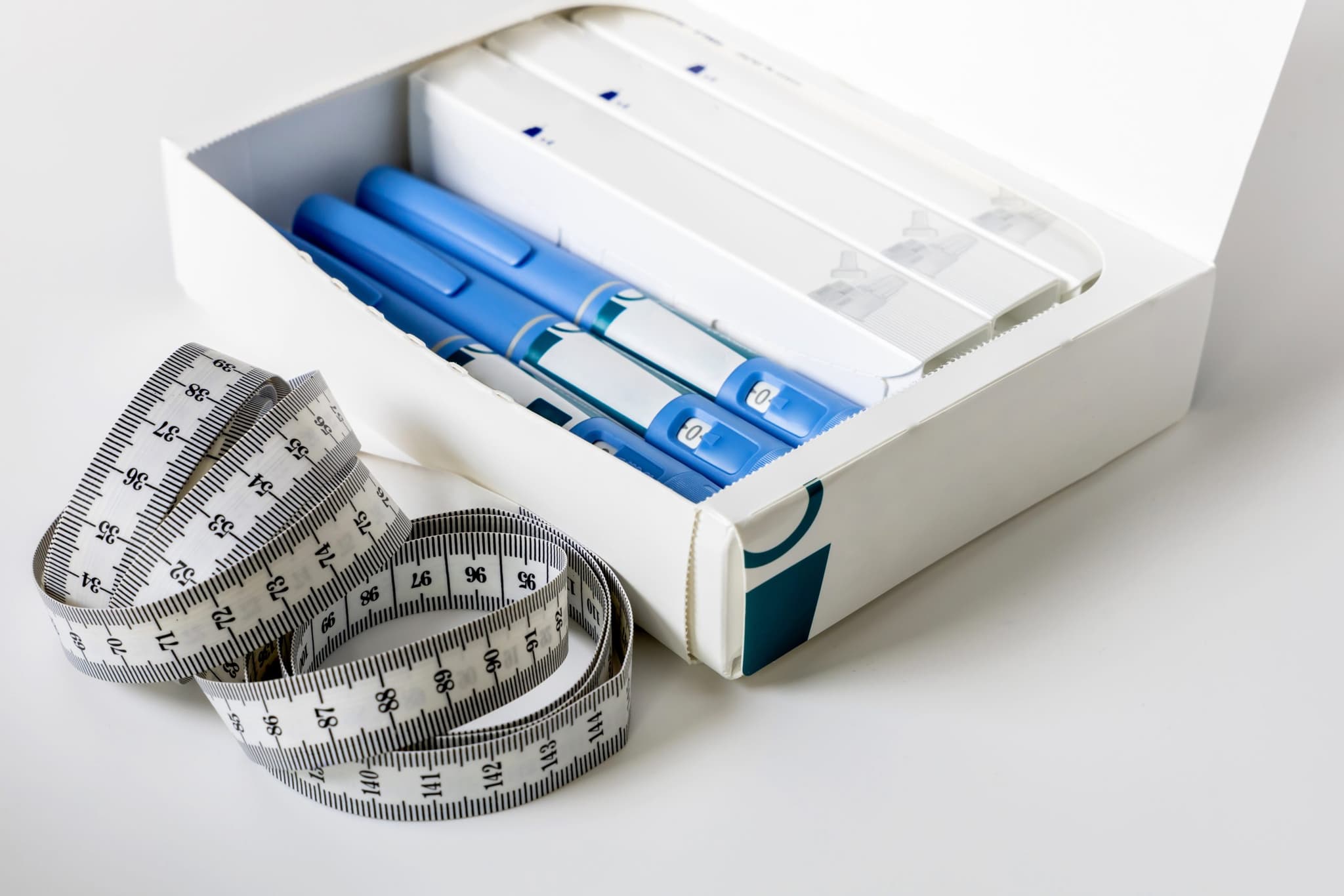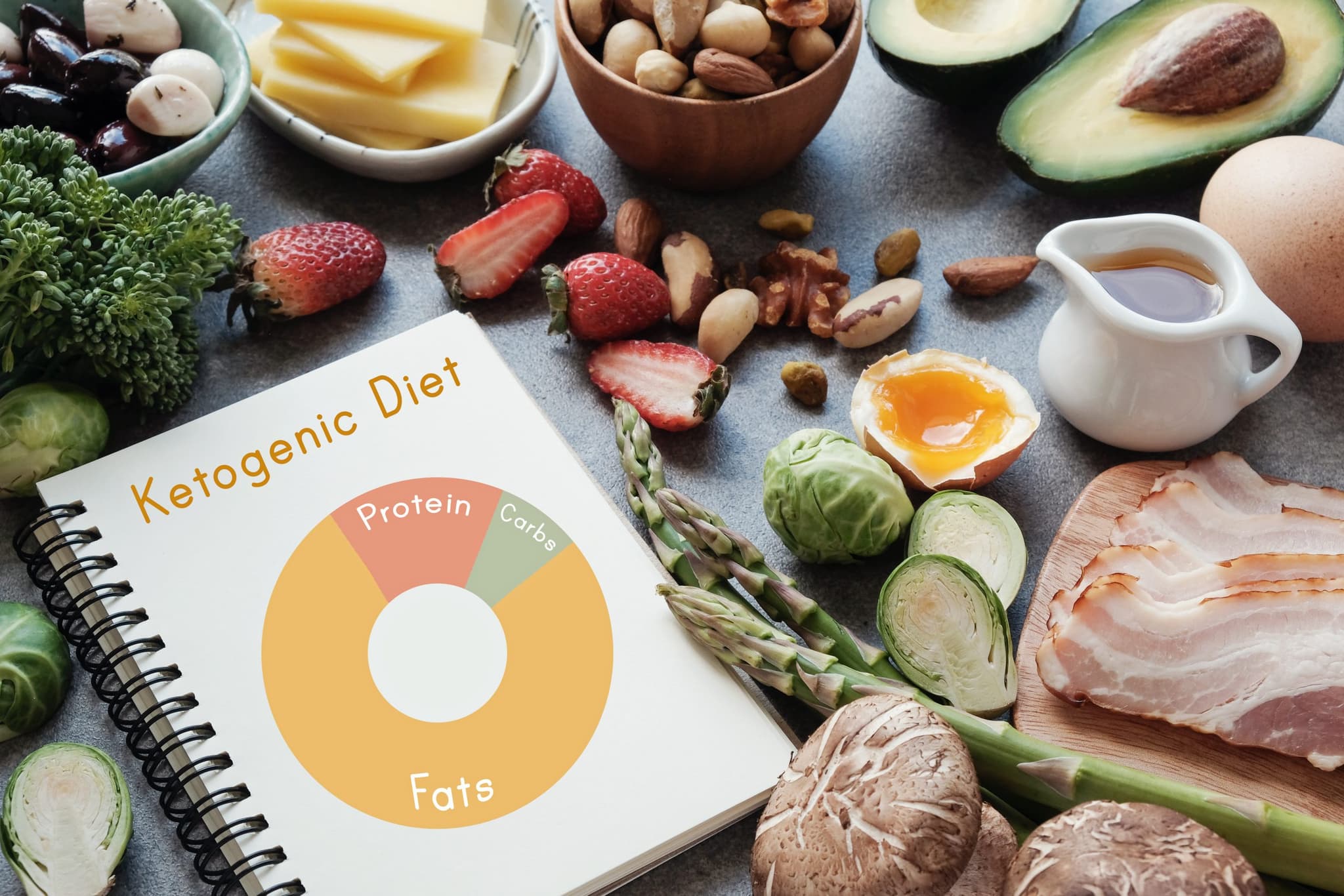
2025-08-12T11:38:49
Health Benefits of Fiber
- Family Medicine
- Gastroenterology
- Internal Medicine
- Weight Management
December 15, 2017 | Weight Management • Wellness Institute

Perhaps you’ve been working out regularly, and limiting the total calories in your daily diet in an attempt to lose weight, but nothing is changing. You might be wondering why one of the oldest weight loss strategies out there isn’t working for you.
As it turns out, you might need to learn a few things about the balance between diet and exercise for weight loss. Both diet and exercise play a role in your overall health, and often you can’t make long-term progress and changes without addressing both.
Exercise is great for weight loss and health overall, but it’s important to balance this with a healthy diet. Studies show that most people overestimate the number of calories they burn from exercise, which means just exercising may not have as much of an impact on weight loss as you expect it to. It’s also easier to balance a calorie deficit between both diet and exercise–burning 1,000 extra calories a day is difficult to do with exercise alone, but cutting 1,000 calories out of your diet may also be a challenge. A better solution is to balance the two, perhaps aiming to cut 500 calories from your diet and simultaneously burn 500 calories a day with exercise.
This is especially true near the beginning of any health or weight loss effort; as you progress and feel better, you can shift more of your focus toward physical activity.
Once you have reached your weight loss goal, exercise is critically important for weight maintenance. People who focus on diet alone generally aren’t very successful in the long run unless they’re also focusing on exercise–you might see significant progress on weight loss by just making changes to your diet, but there is a lot of evidence that people who don’t incorporate exercise will eventually regain the weight they lost. There is no way to talk about either one alone when it comes to long-term weight loss goals; healthy diet and exercise should be a package deal.
A common misconception is that rigorous exercise provides some wiggle room in the total calories you can eat for the day, but this often isn’t the case to the degree you think. The average person overestimates the number of calories they burn during exercise by about 30 percent and underestimates their food intake by about 30 percent, according to a registered dietician and personal trainer.
It’s difficult to estimate your calories burned during exercise, which can vary significantly based on your own body, the intensity of the exercise and environmental factors, and most people tend to round up their total caloric expenditure. Plus a 30-minute workout may not counteract an otherwise very sedentary day. When thinking about food, many people don’t consider little snacks and treats consumed outside of major meals, which can add up if you’re eating them throughout the day.
Many exercise machines have monitors that estimate the calories you’re burning during a workout, but these are set to a single “default”, so your own calorie burn may be much different from what’s displayed. In general, it’s best to use these as motivation, but not as a guideline for eating.
Your best chance at weight loss and overall health is leading an active lifestyle and balancing that with a healthy diet. In addition to your gym time, find fun ways to be active, and set achievable expectations with small steps toward them. Combining this with a healthy, realistic diet that limits junk food and increases nutrients from fruits, vegetables, lean meats and whole grains can be a great way to sustain your progress in the long term.
Your doctor can offer additional recommendations on the proper balance of diet and exercise in your life.
Revere Health Imaging offers the most advanced imaging technology in Utah Valley with convenient locations and reduced-cost exams. We even offer our imaging services at night for your convenience. Contact us today at 801-812-4624 for an appointment!
Sources:
“CT scan (How you prepare).” The Mayo Clinic. http://www.mayoclinic.org/tests-procedures/ct-scan/basics/how-you-prepare/prc-20014610
“Positron emission tomography scan (How you prepare).” The Mayo Clinic. http://www.mayoclinic.org/tests-procedures/pet-scan/details/how-you-prepare/ppc-20319717
“MRI (How you prepare).” The Mayo Clinic. http://www.mayoclinic.org/tests-procedures/mri/details/how-you-prepare/ppc-20235719
WRITTEN BY:
The Live Better Team

2025-08-12T11:38:49

2024-11-11T15:27:56

2024-03-22T08:45:28

2022-12-20T17:04:49
This information is not intended to replace the advice of a medical professional. You should always consult your doctor before making decisions about your health.